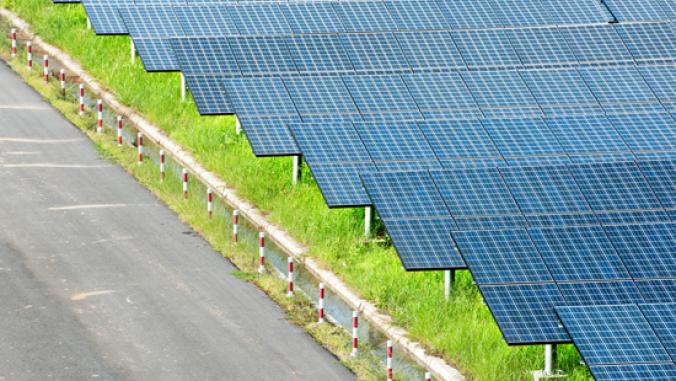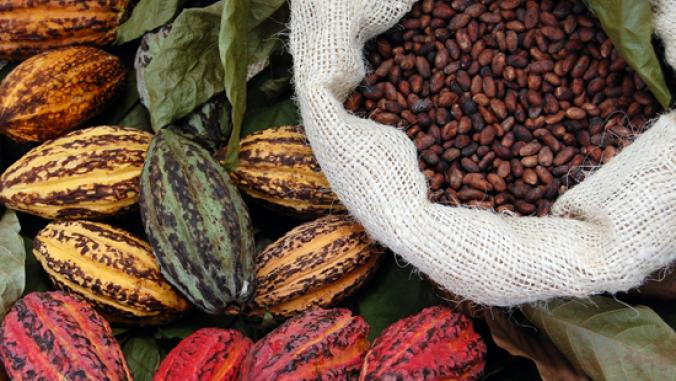Patagonia weaves Fair Trade practices into supply chain
<p>Fair Trade clothing from Patagonia is soon coming to a retail store near you.</p>

Image courtesy of Patagonia.
When you think about fair trade, coffee and chocolate probably come to mind. One day, many consumers will add apparel to that list.
The welfare of garment workers has garnered well-deserved attention after a series of horrific catastrophes, including the Rana Plaza factory collapse in April that killed more than 1,100 people in Bangladesh. Since then, more than 70 global retailers have signed the legally binding Bangladesh Fire and Building Safety Accord.
Patagonia is attacking the issue of worker welfare differently. The Ventura, Calif.-based clothing company with a track record in supporting environmental causes just announced plans to start selling nine styles of Fair Trade Certified apparel during the 2014 fall season, with more to follow in the spring of 2015.
These products will be made by Pratibha, a vertical operation in India, using organic cotton farms, fabric mills and a sewing factory, according to Cara Chacon, Patagonia's director of social and environmental responsibility. For every Fair Trade Certified product sold, Patagonia will pay a premium -- somewhere between 1 percent and 10 percent of the item's factory price -- into a special bank account controlled by Pratibha workers who decide democratically how to use the funds.
"They could distribute it as a bonus to everyone," Chacon says. "And by the way, everyone in the factory gets to get the distribution from the premium, not just the Patagonia sewers. So say we're only taking up two or three sewing lines out of 20, everyone gets it, not just our sewing lines."
Patagonia is partnering with Fair Trade USA, which audits and certifies transactions between companies and their international suppliers to make sure workers are paid fairly and work in safe conditions.
Fair Trade USA began to explore working with apparel and linen in 2010, and since then received input from a multi-stakeholder group on how to define its rigorous certification standards, according to Maya Spaull, the nonprofit's director of new category innovation. Fair Trade USA now works with about a half-dozen apparel factories and less than 10 apparel brands, including Patagonia, Prana and Oliberte, an Ethiopian footwear company.
"But we're in the process of building a huge pipeline of partners, so most of those producers are in Asia and some in India," she says. "We are working not only to expand with a few more well-known clothing brands but we're working on a very exciting initiative with a mainstream home goods company … and potentially furniture so I can't reveal their name at the moment but that will be coming very soon."
What about Bangladesh?
Patagonia only has one factory in Bangladesh. The company has been very transparent about its decision not to sign the Bangladesh Fire and Building Safety Accord, which Chacon described as "duplicative" of what Patagonia already has done to improve worker safety.
Patagonia is a fully accredited member of the Fair Labor Association (FLA), a nonprofit accountability organization which independently monitors a portion of the company's supply chain each year and audits its CSR program every three years to verify it is meeting the FLA's 10 Principles of Fair Labor and Responsible Sourcing. She also pointed to Patagonia audit reports the FLA posts on its website.
Patagonia sources two-thirds of its apparel from factories in Asia and another third from those in the Americas, according to Chacon. The company participates in and co-funds a fire safety training effort with the FLA and three other brands.
"Using a unique train-the-trainer methodology, the program intends to train factories on global scale, including Bangladesh, in proper fire safety, with an emphasis on creating a culture of fire safety from within the factory to sustainably correct this concern," Chacon says. "The first trainings began in Sri Lanka a few weeks ago and will move to Bangladesh for the next round. This effort will complement what the accord is doing in Bangladesh, and will go much further by addressing the issue of factory fire safety on a global scale."
Patagonia is also working on a project with the human rights organization Mamata to fund and implement satellite medical clinics for Bangladesh factory workers in the rural areas where they live.
The company also is auditing second-tier suppliers -- fabric and trim mills -- for social and environmental responsibility, none of which are in Bangladesh.
"Not many brands," Chacon says, "are monitoring at this level yet."
Image courtesy of Patagonia.




